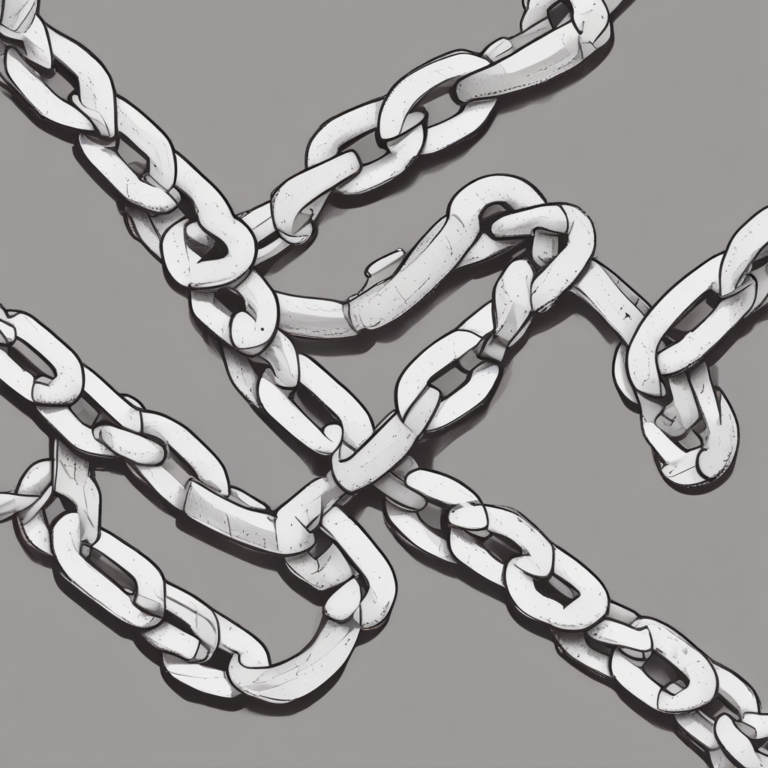Copyright and Generative AI: Navigating New Legal Challenges
The rise of generative artificial intelligence (AI) has sparked significant debate about copyright law’s adaptability in an era where machines can create art, music, and literature. As these technologies continue to advance, the legal framework governing copyright faces unprecedented challenges.
The Intersection of AI and Copyright
Recent discussions among scholars emphasize the emerging problems at the intersection of AI and copyright. With generative AI capable of producing original works, questions arise regarding the ownership of such outputs. Traditional copyright law was designed to incentivize human creativity by granting exclusive rights to individual creators.
Generative AI and Copyright Law
Modern AI systems, including OpenAI’s GPT series and various image generation software, learn from vast datasets, producing content without independent thought. Their outputs are essentially algorithmic, raising the question of what constitutes an original work in the eyes of copyright law.
U.S. Copyright law, as defined by U.S.C. Title 17, protects “original works of authorship fixed in any tangible medium of expression.” Historically, courts have interpreted this to require human authorship for copyright protection.
Recent Legal Developments
In a landmark ruling in 2023, the U.S. District Court for the District of Columbia reaffirmed the necessity of human authorship by denying copyright registration for an image generated entirely by AI. The court concluded that without human ingenuity, there was no legal owner, relegating the AI-generated image to the public domain. This lack of clear legal recognition means that AI-generated works may be freely copied and used without attribution, potentially undermining the economic interests of human creators.
Global Perspectives on AI Copyright
Internationally, responses to AI-generated content vary significantly. While the United States does not recognize copyright for works created solely by generative AI, countries like China, France, and the United Kingdom allow for copyright protection if the creator demonstrates sufficient intellectual effort or a personal touch in the work. The European Union’s AI Act seeks to regulate AI systems by ensuring transparency and accountability in their operations.
Proposed Legal Solutions
As AI technology evolves, legal experts suggest that policymakers must find a balance between fostering artistic innovation and protecting the rights of potential creators. Various proposals have emerged:
- Edward Lee, a law professor, calls for a comprehensive response to AI’s challenges to copyright law, advocating for a shift toward recognizing originality in AI-generated works.
- Giovanni LoMonaco, a JD candidate, argues that denying copyright to AI outputs stifles innovation and suggests amending the Copyright Act to treat AI-generated works as “works made for hire.”
- Katherine Lee and A. Feder Cooper propose assessing copyright through a “supply-chain framing,” advocating for case-by-case analysis of generative AI outputs.
- Matthew Sag, of Emory University, emphasizes the need for best practices in AI training methods to reduce copyright infringement risks.
The Path Forward
The debate surrounding copyright and generative AI is far from settled. As technological advancements continue to challenge traditional legal frameworks, it is essential for policymakers to either reform copyright law or acknowledge its diminishing relevance in the context of AI creativity. The ongoing discourse aims to establish a regulatory environment that balances innovation with the protection of creators’ rights, ensuring a fair and equitable landscape for all stakeholders involved.









